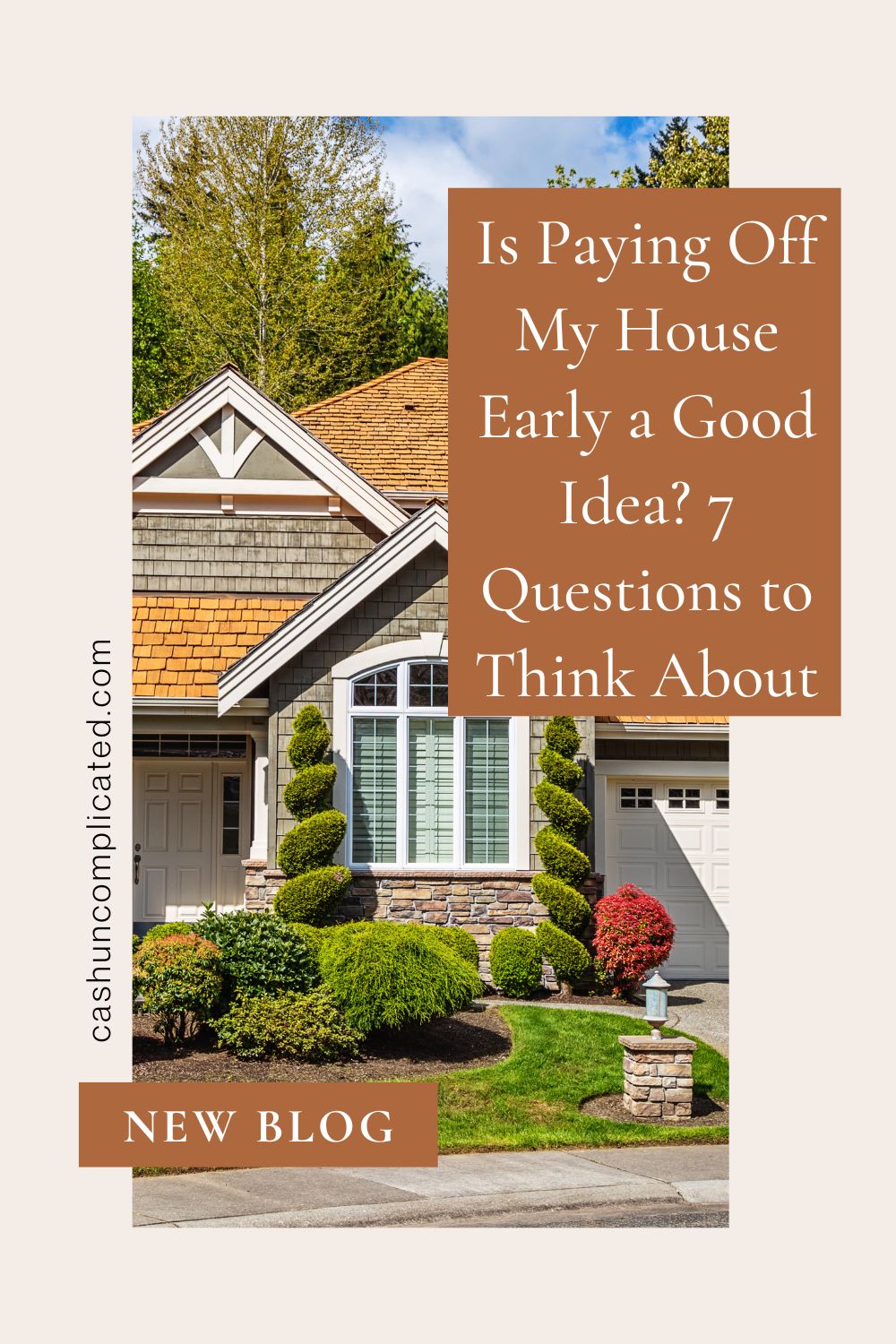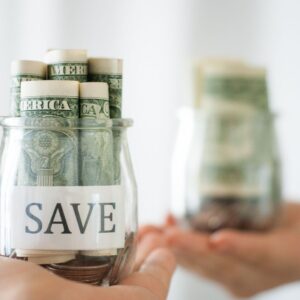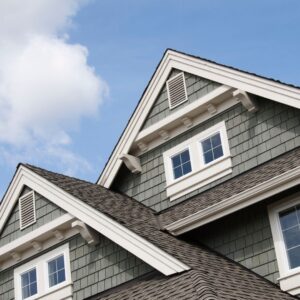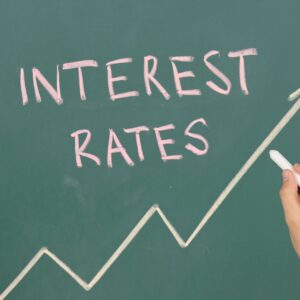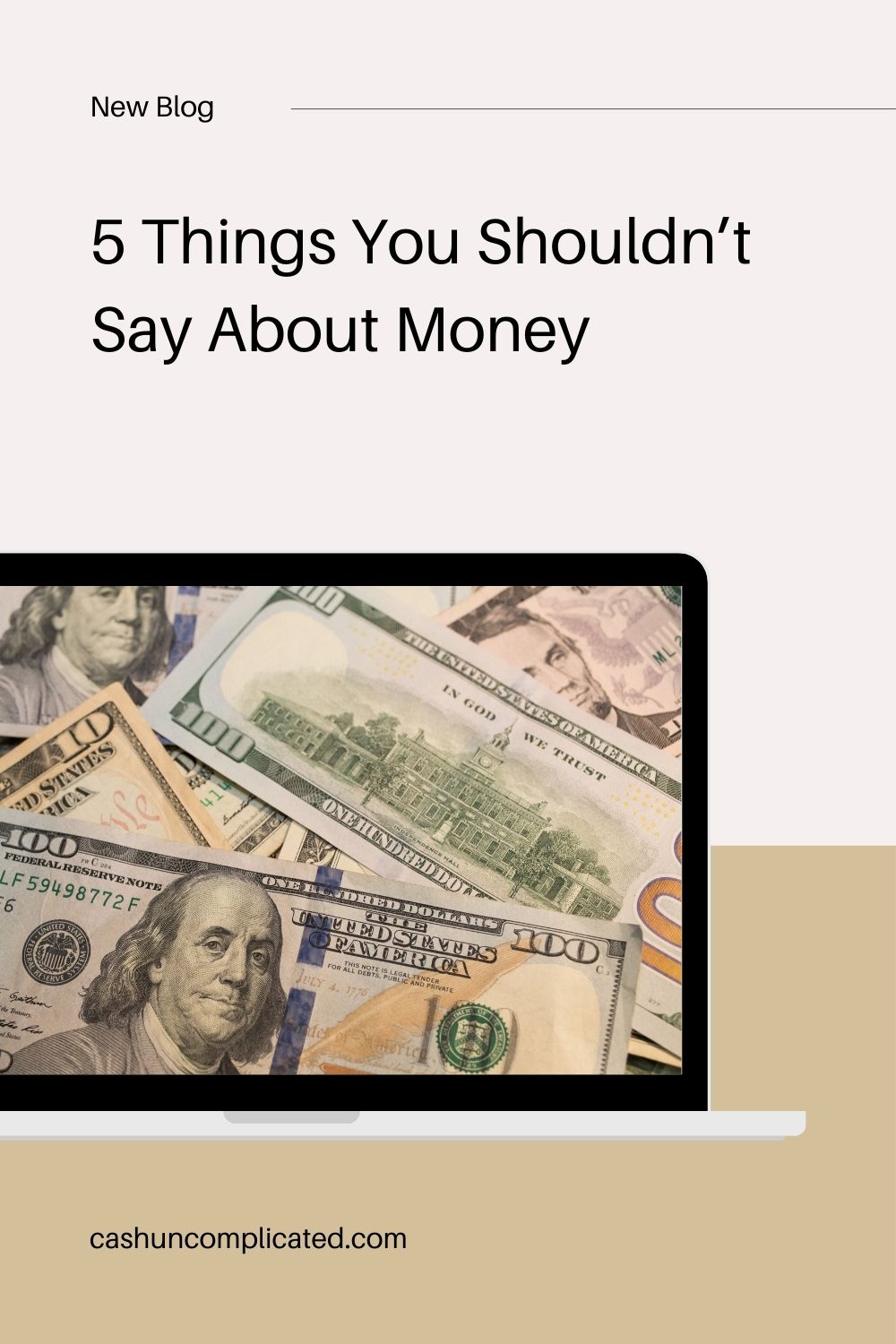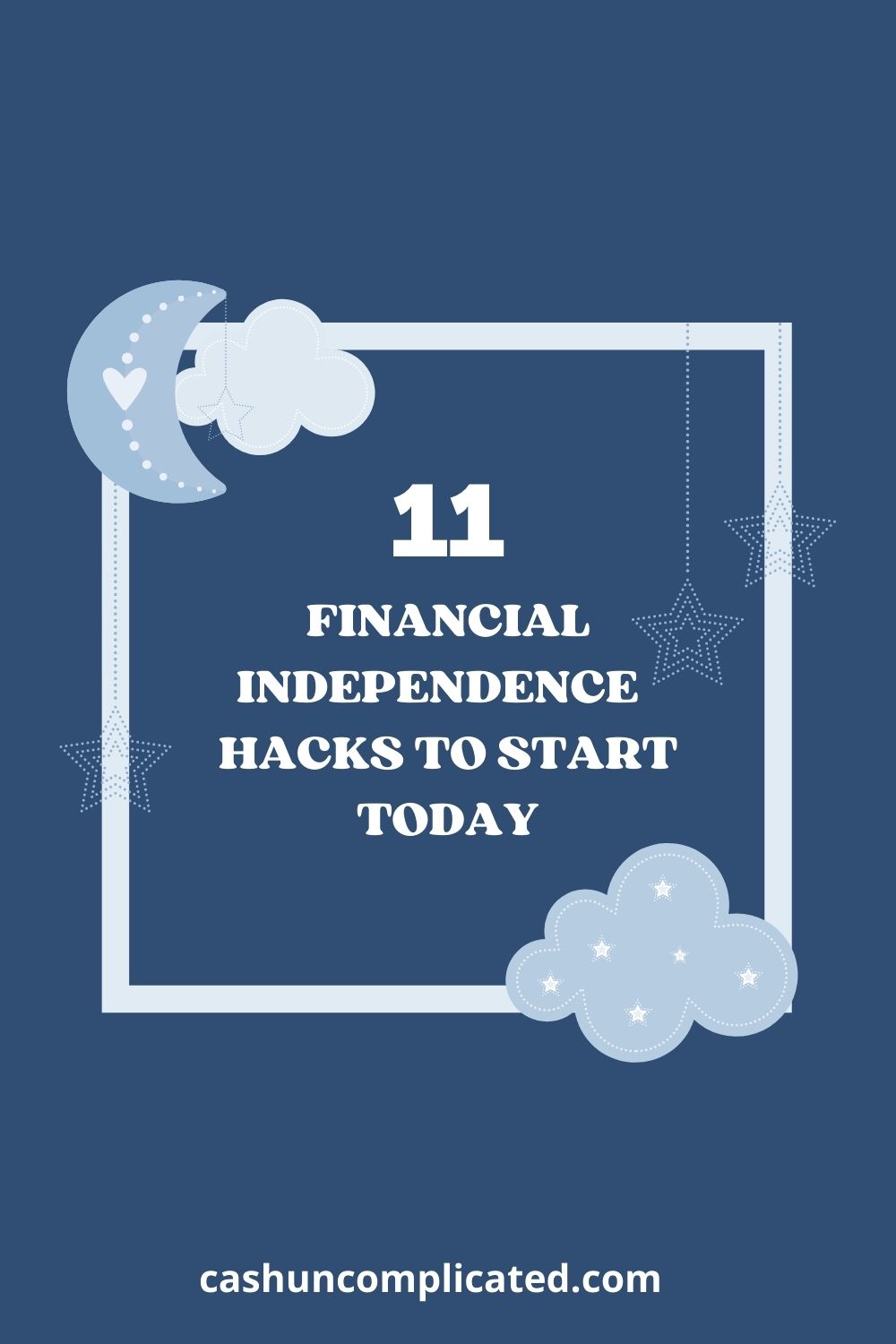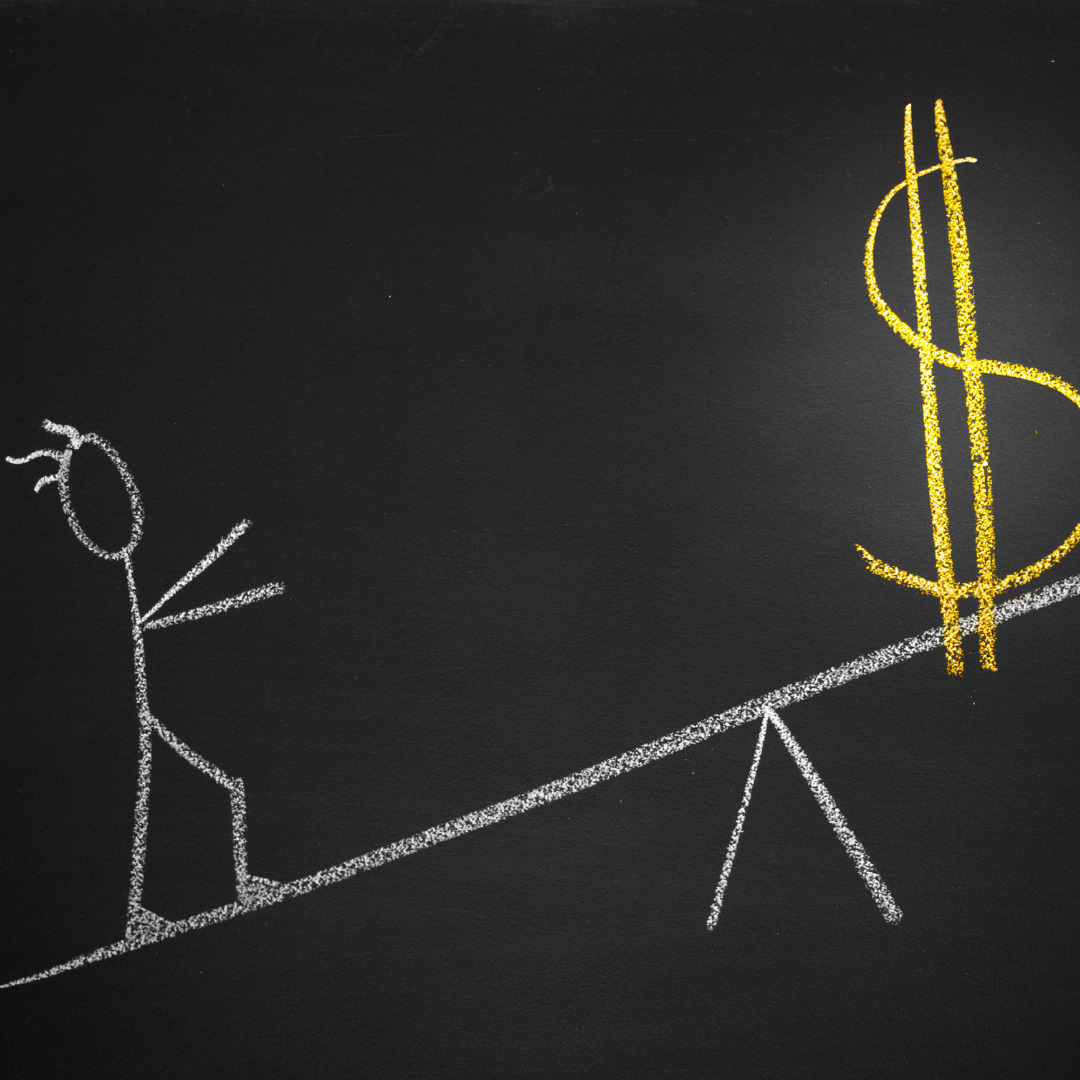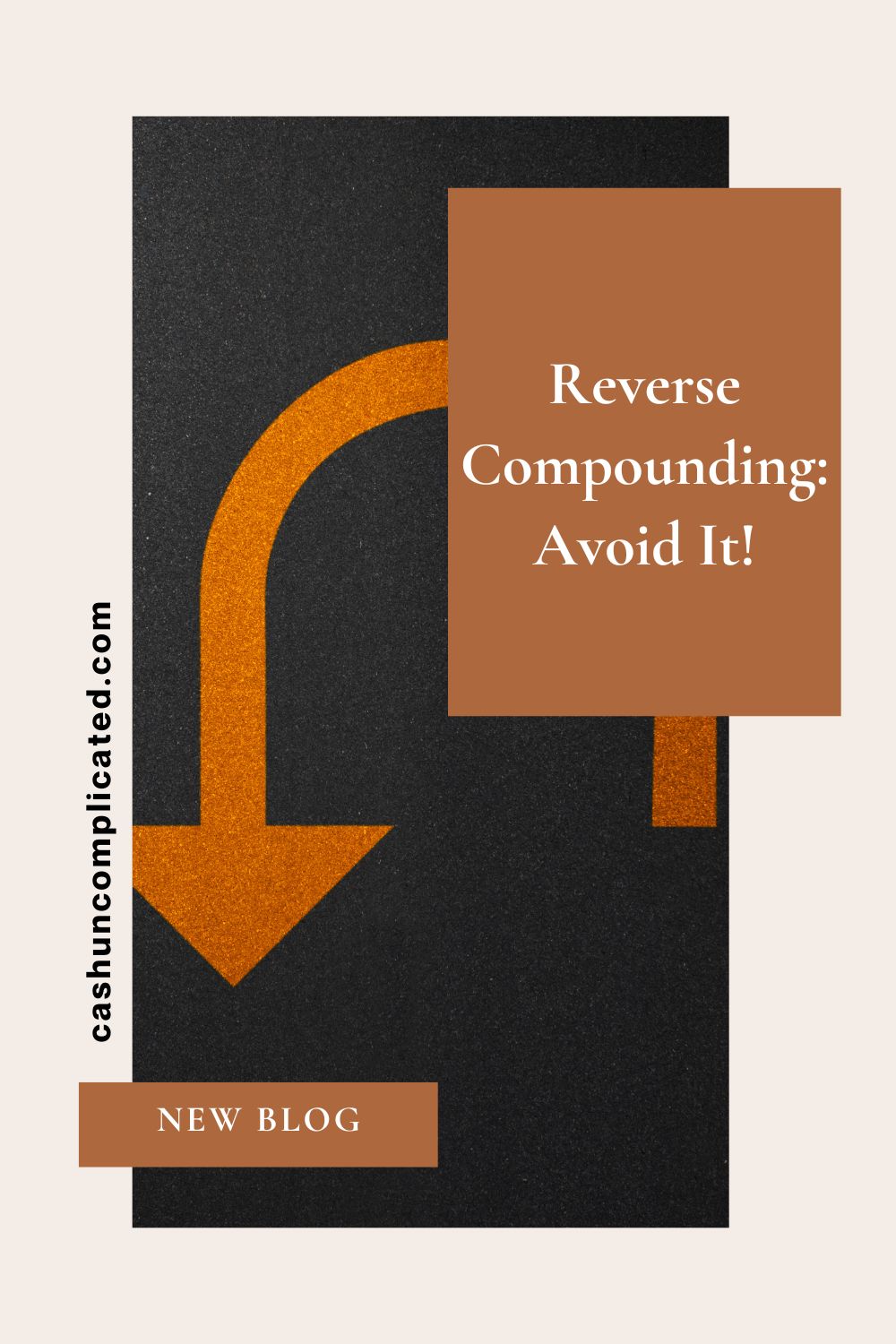I’ve recently seen a lot of things on social media and other mediums about paying off your house early. There’s a lot of great content about how to do it. Should you pay off your house early though, and what are some of the questions you should be asking yourself before making that decision?
What are the Advantages to Paying Off My House Early?
On the surface it sounds great having a paid off house. These are the most notable advantages to paying off your house early.
- No more principal and interest payments
- Elimination of a substantial debt
- Security in knowing your personal residence is paid off
There are of course other reasons, these are just a few of the top ones. For many, these are really big advantages and reason enough to pay off their house early.
Is it Possible to Pay Off Your House Early?
It is absolutely possible to pay off your house early. There are lots of ways to do it too. Some examples:
- Make one extra payment per year
- Get a 15-year loan
- Biweekly payments
Of course there are many other ways such as you paying extra principal at various times throughout the year, adding extra principal to each payment, putting your tax refund towards the principal, etc.
Do these Hacks to Paying Off Your House Early I See on Social Media Actually Work?
We all need to be careful of what we see on the internet and social media. Just because it’s online doesn’t mean it’s true (duh).
With that said, I’ve noticed a lot of good content though around paying off your house early. Many of the strategies recommended/taught do work if properly executed. Just make sure you’re verifying it’s a credible source and that the suggestions really do work.
Seven Questions to Ask Yourself About Paying Off Your House Early
Ok, it is possible to pay off your house early and there are many different strategies to do it. Before you rush to pay off your house early though, here are seven questions to ask yourself and some things to think about.
Number 1: How Much Will I Save by Paying Off My House Early?
Your interest rate and how much you owe on the house will determine how much you save by paying off your house early. The higher the interest rate and loan amount, the more you will save.
Using a $500,000 mortgage as an example, you will save more paying off a seven percent interest rate than you would a three percent interest rate. Here are some approximate numbers:
$500,000 mortgage at seven percent
- $697,544 in total interest over 30 years
- $430,359 in total interest if paid off in 20 years
$500,000 mortgage at three percent
- $258,887 in total interest over 30 years
- $165,517 in total interest if paid off in 20 years
As it’s easy to see, the savings are significantly higher with the seven percent interest rate versus three percent. This is a big factor to look at when deciding on whether to pay your house off early or not.
Number 2: What Are Some Alternatives to Paying Off My House Early?
While you may ultimately land on the decision to pay off your house early, it’s important to look at alternatives. There might be better options out there.
For example, if you have an interest rate of 2.5% (as many people do who bought or refinanced when rates were historically low), there are lots of alternatives available. As of this writing, a regular high-yield savings account is offering interest rates of 3.8% and higher.
Using simple math, 3.8% minus 2.5% equals 1.3%. While the difference isn’t massively significant, the savings account actually provides a better rate of return. And that’s not even putting your money in a risky investment, it’s a regular savings account that’s liquid.
Number 3: What’s the Opportunity Cost?
Opportunity cost is the price of choosing one thing over another. For example, if I purchase a new car for $35,000–that money cannot be invested. Same if I invest $5,000 in crypto; that money can’t be invested in anything else. Spending five dollars per day on coffee instead of investing it would also fit under opportunity cost.
This is one of the reasons I like value-based spending so much–it takes into account opportunity cost and allows us to make a decision with all the facts. Ultimately, we all still need to live our lives, but it helps to have the facts before we make decisions.
Ok, so back to the numbers of opportunity cost. Someone trying to pay off their house early by adding $1,000 extra to the principal would have an opportunity cost of $1,000 per month. That money could be invested in something producing higher returns like index funds, rental properties, etc.
It’s important to look beyond what is being paid off. You also have to ask the question of what is NOT being invested in with that money. Sure, it feels good to pay off the house early, but it also comes at the expense of possibly missing out on higher returns.
Number 4: Why Do I Want to Pay Off My House Early?
This question doesn’t necessarily involve numbers. It’s more about why you personally want to pay off your house early. Many people who want to pay their house off early have big why’s, such as:
- Their parents lost a home due to foreclosure
- They are retiring and want to eliminate as much debt as possible
- It just feels better to have something paid off
The answer to the question is a big driver for the decision. Even though, it may not be optimal to pay off a mortgage with an interest rate of less than 4%, the reasons behind it are big enough to where it makes sense.
Remember, personal finance isn’t always about optimization. Sometimes it’s just about what feels right and gives us security, even at the cost of missing out on greater returns.
Number 5: How Long Do I Plan on Being in the House?
If paying your house off early, you should have a general idea of how long you’re going to be in the house. If you plan on being in the house 20 plus years, it’s nice to have the whole thing paid off early. That will give you years of mortgage debt-free years to enjoy.
However, if you’re only going to be in the house seven or eight years, it might be a better allocation of your resources to make other investments.
And of course the future is unknown. You might think you’re going to be in the house for the next 40 years, and end up having to leave after five for some unknown reasons. Take your best educated guess and make your decision from there.
Number 6: What is the Interest Rate?
This was touched on earlier, but it’s worth reiterating. Interest rates matter. If your interest rate is in the two or three percent range, that’s really great.
In fact, it’s so great that it’s lower than what high-yield savings accounts are paying as of the time of this writing. If your mortgage is say, 2.75%, and you’re getting 3.8% in a high-yield savings account, does it make sense to pay off the mortgage early?
Even if your mortgage interest rate is in the four and five percent range, it’s still lower than inflation. Meaning the loan becomes less and less cumbersome to pay because the dollar is losing value.
In other words, a mortgage is easier to make the payment on 20 years from the date of origination than on the date you purchased the house.
Number 7: What Are My Plans for the House When I’m Done Living in It?
What are your plans for the house when you’re done living in it? Done living in it can mean a variety of things:
- Selling it
- Renting it full time
- Using as a short-term rental and staying in it different parts of the year
When deciding whether to pay off your house early, this is a big factor. If you’re renting the house, and the property is cash flowing without having to pay it off, the money can be used for higher rates of return via other investments.
Or if you’re planning on selling it in the next year or two, it might be better to just accumulate cash or invest in something else.
Conclusion
Paying off a house early sounds like a fantastic idea on the surface. And for many people, it is. A paid off house has a lot of positives, including the peace of mind knowing you own something and the mortgage is completely gone.
I wouldn’t necessarily call them downsides, but in many cases there are more optimal alternatives than paying off your house early. It ultimately comes down to a personal choice and what works for you and your family.
Do you want to pay off your house early? Or are you someone who has already paid off your house early? Tell me about it in the comments!

